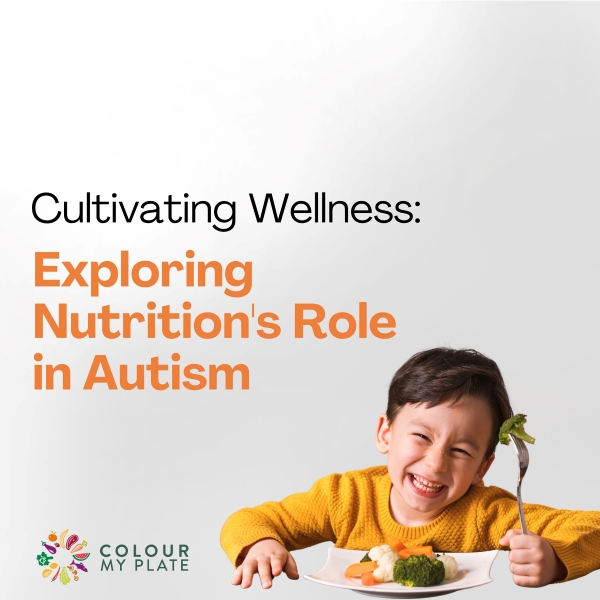
![]() 31 Mar 2024
31 Mar 2024
Navigating nutrition can be challenging, especially for individuals with autism spectrum disorder (ASD). While there’s no one-size-fits-all approach, incorporating certain dietary strategies can positively impact overall well-being and support individuals with ASD. In this blog post, we’ll explore nutrition tips tailored to the needs of those with autism.
Research suggests that nutrition plays a significant role in managing symptoms associated with autism. While diet alone may not be a cure, it can help alleviate certain challenges commonly experienced by individuals with ASD, such as gastrointestinal issues, food sensitivities, and behavioral concerns.
A gluten and dairy-free diet is gaining attention in the autism community for its potential benefits, including reduced gastrointestinal distress, improved behavior and mood, enhanced cognitive function, potential reduction in sensory issues, and promotion of overall health. Many individuals with autism experience gastrointestinal issues triggered by gluten and dairy, and eliminating these components may alleviate distress and improve digestive health. Studies suggest improvements in behavior, mood, and cognitive function, possibly due to reduced inflammation and improved gut health. By emphasizing whole, nutrient-dense foods and eliminating processed items containing gluten and dairy, individuals with autism can support their overall health. However, benefits can vary, and consultation with healthcare professionals is recommended for suitability and to ensure nutritional needs are met.
Nutrition stands as a cornerstone in the autism journey, offering a pathway to brighter tomorrows. By embracing whole foods, respecting individual sensitivities, and exploring personalized approaches like gluten and dairy-free options, we pave the way for enhanced well-being. Let’s plate up health and happiness, one nutritious bite at a time!

We noticed you haven't completed your delivery details.

Your message is sent